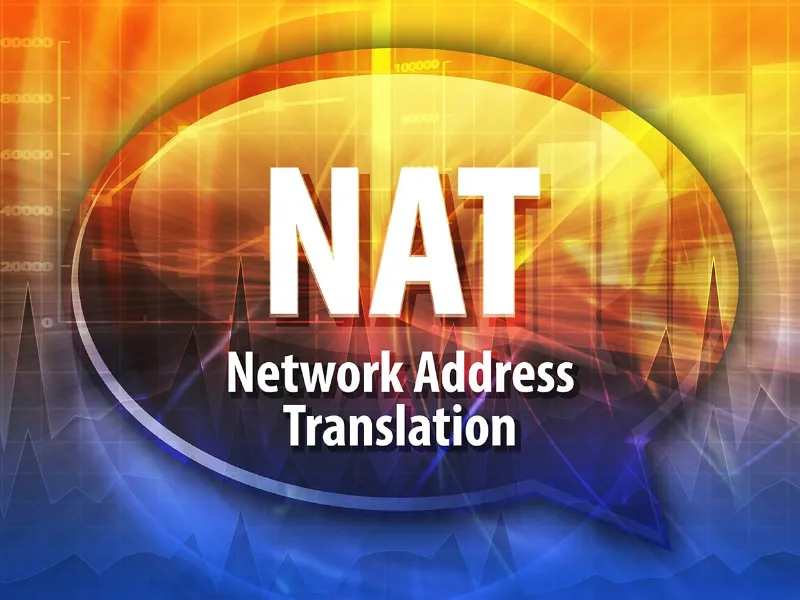- Network address translation (NAT) is a process that enables one, unique IP address to represent an entire group of computers.
- When it comes to securing NAT, especially for remote access or communication over the internet, the recommended secure protocol is IPsec.
Network address translation (NAT) conserves IP addresses by mapping private IPs to a public IP, enhancing security by hiding internal networks. IPsec is the recommended protocol for securing NAT, offering strong encryption, authentication, and data integrity. SSL/TLS and SSH can also secure communications over NAT, but IPsec is preferred for its comprehensive security features.
What is network address translation
Network address translation (NAT) conserves IP addresses by enabling private IP networks using unregistered IP addresses to go online. Before NAT forwards packets between the networks it connects, it translates the private internal network addresses into legal, globally unique addresses.
NAT configurations can reveal just one IP address for an entire network to the outside world as part of this capability, effectively hiding the entire internal network and providing additional security. NAT is typically implemented in remote-access environments, as it offers the dual functions of address conservation and enhanced security.
Network address translation permits a single device, such as a NAT firewall or NAT router or other device, to act as an agent between the public network and private networks—the internet and any local networks. This allows an entire group of devices to be represented by a single unique IP address when they do anything outside their network.
Also read: Digital safety unlocked: The vital role of network security protocols
Also read: Guardians of network communication: Network security protocols
Recommended security protocol
When it comes to securing NAT, especially for remote access or communication over the internet, the recommended secure protocol is Internet Protocol Security (IPsec). IPsec is widely used for encrypting and authenticating the packets transmitted over IP networks, including those using NAT. Here’s why IPsec is recommended for NAT environments.
1. Encryption: IPsec provides strong encryption algorithms (such as AES) to ensure that data transmitted over NAT boundaries is secure and cannot be easily intercepted or deciphered by unauthorised parties.
2. Authentication: IPsec supports various authentication methods, including pre-shared keys, digital certificates, and Kerberos. This ensures that the data exchanged between NAT devices is authenticated and verified.
3. Integrity: IPsec includes mechanisms for data integrity verification, ensuring that data packets are not tampered with during transmission over NAT-enabled networks.
4. Tunnel mode support: IPsec can operate in tunnel mode, where entire packets (including original IP headers) are encrypted and authenticated. This is particularly useful when NAT devices are involved in routing traffic between private and public networks.
5. Compatibility: IPsec is well-supported by most network equipment and operating systems, making it a practical choice for securing communications across NAT environments.
Other security protocols
There are also security protocols that can be used in conjunction with NAT or as an alternative to IPsec.
Secure Socket Layer/Transport Layer Security (SSL/TLS) is commonly used to protect network traffic, email and other Internet communications, providing encryption, data integrity and authentication. It is not designed specifically for NAT, but can be used to protect data traversal in NAT-enabled networks.
Secure Shell (SSH) provides secure access to remote systems and secure file transfer. It is commonly used for secure remote management and file transfer (SFTP/SCP). It can traverse NAT networks and provides strong encryption and authentication.

